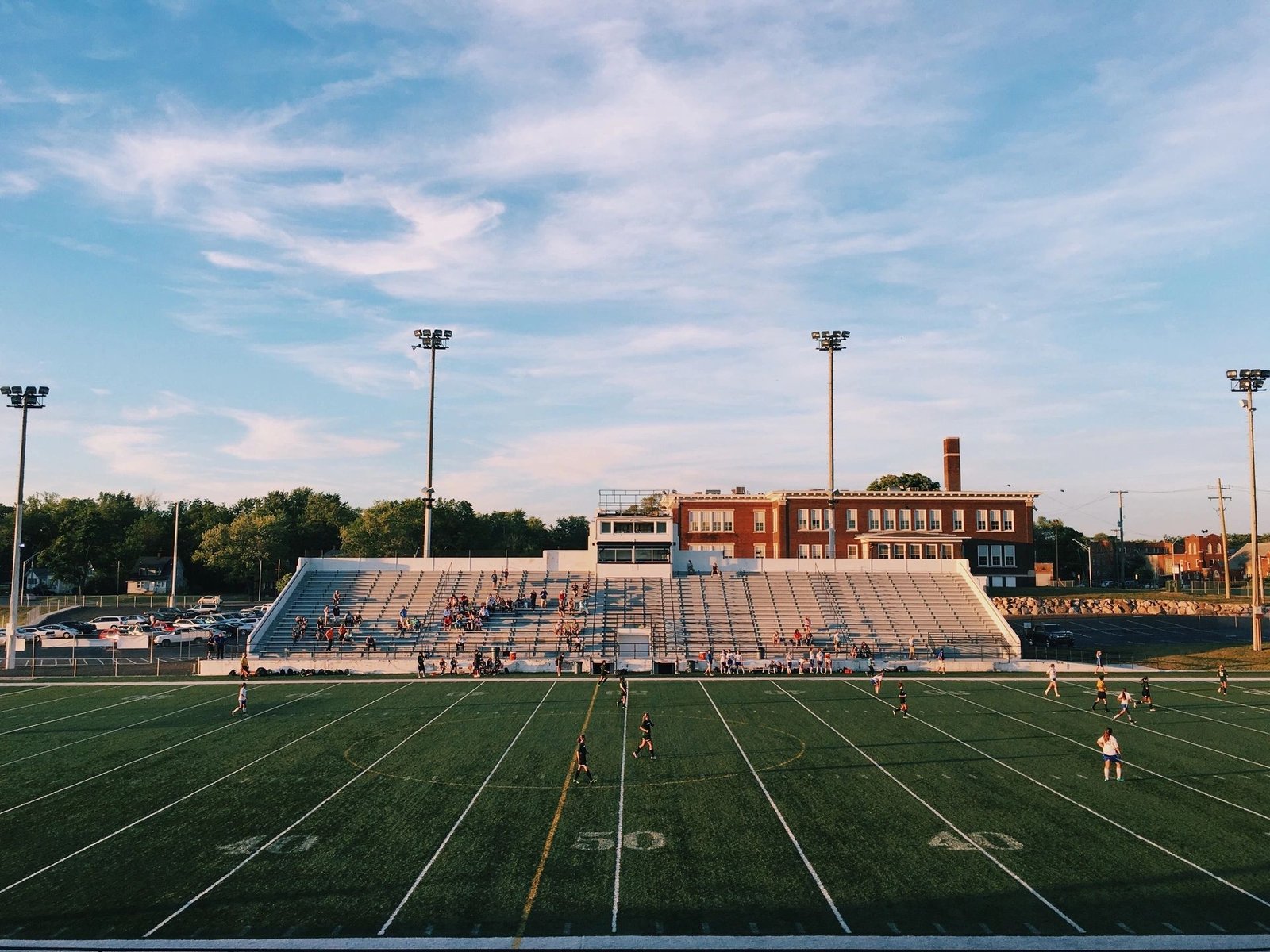[dc]O[/dc]n Monday, the Supreme Court ruled, in Kennedy v. Bremerton School District, that Joseph Kennedy, a football coach at a public high school, had the right to pray on the 50-yard line immediately after the game.
Essentially, they reasoned that the coach’s rights to free speech and the free exercise of religion protected this moment of “personal” prayer and devotion. The coach was terminated after three episodes of kneeling and praying, without his students, in the middle of the football field after school games.
A shocking targeting of private religious devotion, right? Perhaps not, once the larger facts are understood. It is remarkable that a Court so intent on carrying out the directives of “history and tradition,” as the Kennedy majority asserts, seems so disinterested in the actual history and tradition of the behavior of the coach in the case before it. If they had paid it any real attention, they would have to see the final three episodes of post-game prayer at the 50-yard line without his students was a continuation of the years of practice of doing the same thing with his students in both the locker room and field, accompanied by overtly religious sermonettes.
Given this history and context, the actions of the coach in endorsing and subtly coercing his students to engage in his approved worship seem readily apparent. Indeed, these final “alone” prayer sessions were not truly alone, as they had become a political cause célèbre. In reality, the coach was accompanied by students from the opposing team, as well as prominent state political officials, all anxious to wrap their political bona-fides with the sweet sacramental incense of football and prayer. [perfectpullquote align=”left” bordertop=”false” cite=”” link=”” color=”” class=”” size=””]The coach was accompanied by students from the opposing team and prominent state political officials who were all anxious to wrap their political bona-fides with the sweet sacramental incense of football and prayer.[/perfectpullquote]
The Lemon test the court overruled was not perfect, but it contained vital values of the nation’s commitment to maintaining a politically neutral public space for its religiously diverse citizenry. The Court has now retreated to an undefined reliance on “history and tradition” and Justice Kennedy’s old coercion test, which was rightly rejected decades ago as being insufficient to protect the religious freedom of minorities. Setting the methods of the inquisition as the baseline for inappropriate official religious conduct seems an awfully low level of protection for religious minorities.
I teach at a Seminary and am all for sincere prayer at the right time and place. But it is not hard to see when prayer is being used as a political football by sincere but misguided religious zealots, rather than as a genuine devotional exercise by people trying to bring peace and unity to their communities.[perfectpullquote align=”right” bordertop=”false” cite=”” link=”” color=”” class=”” size=””]It is not hard to see when prayer is being used as a political football by sincere but misguided religious zealots.[/perfectpullquote]
Kennedy’s behavior did not bring peace and unity. His “religious” actions caused division – the High School head coach resigned and three of the five assistant coaches left as well.
Given sufficient official leeway, it is all too easy for prayer warriors to turn into prayer bullies. For the Court to find such behavior protected, rather than proscribed, by the First Amendment is, in my view, deeply troubling and signals a new and concerning era in Establishment Clause jurisprudence.
Dr. Nicholas P. Miller is an attorney and Professor of Church History and Director of the International Religious Liberty Institute at Andrews University.

